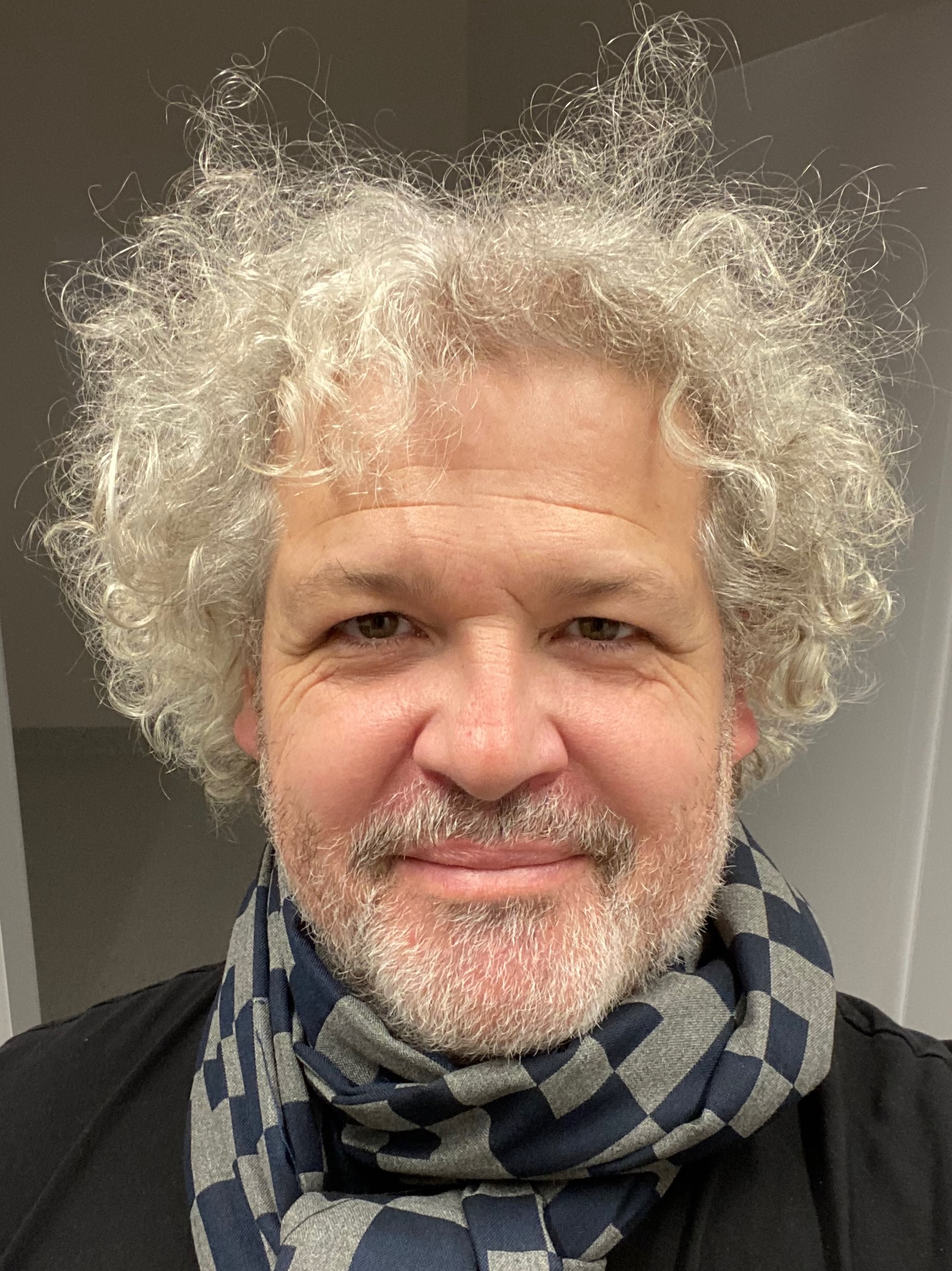Professor Guillaume Thierry
Professor of Cognitive Neuroscience
Overview
How does the human brain turn sounds, symbols, and experiences into meaningful thought? Guillaume Thierry is dedicated to exploring this profound question. Over the past twenty years, he has studied how we process and understand language across both auditory and visual modalities, with a particular focus on how the brain accesses and integrates meaning, in one, two or more languages.
Guillaume’s work spans a wide range of topics, from how verbal and non-verbal communication differ to the effects of bilingualism on the the way we think. He has investigated areas such as visual object recognition, colour perception, language-emotion interactions, and language development in both children and adults.
Using neuroscientific methods, such as electroencephalography (EEG), eye-tracking, and neuroimaging, Guillaume examines how the brain constructs meaningful representations of the world. Supported by funding from organisations such as the European Research Council, the British Academy, and the Polish Academy of Science, his research probes how meaning emerges at lexical, syntactic, and conceptual levels, and how this process varies across languages, sensory modalities, and forms of communication.
Over the past decade, his focus has turned to linguistic relativity (the idea that the languages we speak might shape how we think) and interactive communication. Such questions, along with the broader philosophical challenge of understanding mental freedom, lies at the heart of Guillaume’s work, bridging the disciplines of psychology, neuroscience, and philosophy.
Research
Using experimental psychology and electroencephalography, Guillaume Thierry studies language comprehension in the auditory and visual modalities, and mainly the processing of meaning by the human brain, i.e., semantic access. Since he started his career at Bangor University in 2000, Professor Thierry has investigated a range of themes, such as verbal/non-verbal dissociations, visual object recognition, colour perception, functional cerebral asymmetry, language-emotion interactions, language development, developmental dyslexia, and bilingualism. Since 2005, Prof. Thierry’s has received funding form the BBSRC, the ESRC, the AHRC, the European Research Council, and the British Academy to investigate the integration of meaning in infants and adults at lexical, syntactic, and conceptual levels, using behavioural measurements, event-related brain potentials, eye-tracking and functional neuroimaging, looking at differences between sensory modalities, different languages in bilinguals, and coding system (verbal / nonverbal). Prof. Thierry’s core research question is how the human brain crystallises knowledge and builds up a meaningful representation of the world around it. He now focuses on linguistic relativity and the philosophical question of mental freedom.
Teaching and Supervision
PPP1005 - Brain and Mind - 1st Year Undergraduate Module including Hands-on Human Brain Anatomy Practicals
Research outputs (176)
- E-pub ahead of print
Verbal feedback modulates language choice and risk-taking in Chinese-English bilinguals
Research output: Contribution to specialist publication › Article
- Published
Operating in a second language lowers cognitive interference during creative idea generation: Evidence from brain oscillations in bilinguals
Research output: Contribution to specialist publication › Article
- Published
An Introduction to the Cognitive Neuroscience of Language Embodiment and Relativity Special Issue of the Language Learning Cognitive Neuroscience Series
Research output: Contribution to specialist publication › Article
Prof. activities and awards (1)
Matrix language rules: Electrophysiological investigation of the mechanism governing code-switching in Welsh-English bilinguals
Activity: Talk or presentation › Invited talk
Projects (4)
Translanguaging: The quest for the bilingual learning advantage
Project: Research
Media coverage (2)
AI like HAL 9000 can never exist because real emotions aren’t programmable
Press/Media: Expert Comment
The English language is the world’s Achilles heel
Press/Media: Expert Comment


